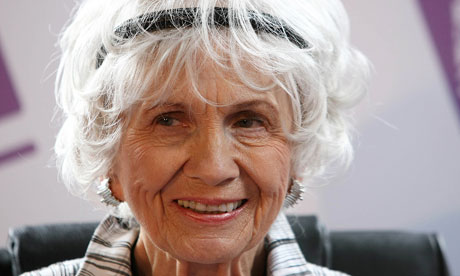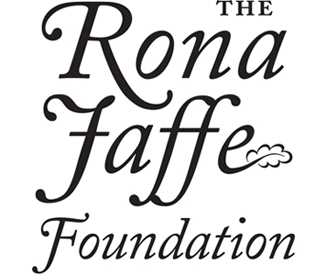Eleanor Catton, 28, Becomes Youngest Booker Prize Winner
Eleanor Catton was awarded the Man Booker Prize on Tuesday for The Luminaries, an epic novel set in nineteenth-century New Zealand. Catton, twenty-eight, is the youngest person to ever receive the prize.
Born in Canada and raised in Christchurch, New Zealand, Catton began writing the book, her second novel, at age twenty-five. The previous youngest recipient of the award, Ben Okri, won the prize in 1991 at age thirty-two. At 848 pages, The Luminaries (published by Granta in Britain and Little, Brown in the U.S.) is also the longest novel to win the award. Catton is only the second person from New Zealand to win.  The prize was announced at a ceremony in London’s Guildhall. Chair of judges Robert Macfarlane called the book a “dazzling work, luminous, vast” with an “extraordinarily gripping” narrative. “The Luminaries is a novel you pan, as if for gold, and the returns are huge,” Macfarlane said. “Maturity is evident in every sentence, in the rhythms and balances. It is a novel of astonishing control.”
The prize was announced at a ceremony in London’s Guildhall. Chair of judges Robert Macfarlane called the book a “dazzling work, luminous, vast” with an “extraordinarily gripping” narrative. “The Luminaries is a novel you pan, as if for gold, and the returns are huge,” Macfarlane said. “Maturity is evident in every sentence, in the rhythms and balances. It is a novel of astonishing control.”
Catton beat out five other finalists for the prize: We Need New Names by NoViolet Bulawayo; Harvest by Jim Crace; A Tale for the Time Being by Ruth Ozeki; The Lowland by Jhumpa Lahiri; and The Testament of Mary by Colm Toibin. According British betting site Ladbrokes, Crace was the favorite to win. Catton will receive £50,000, or about $80,000.
It’s been a few good years for historical fiction, Hilary Mantel having won the prize both in 2009 and 2012 for Wolf Hall and Bring Up The Bodies, respectively, the first two books in her Thomas Cromwell trilogy.
Britain’s most prestigious literary prize, the Booker has been awarded annually for forty-five years to a novelist from the United Kingdom, Ireland, or the British Commonwealth. Last month, however, the Booker Prize Foundation announced that, beginning in 2014, the prize would be open to all novels written in English and published in the United Kingdom, regardless of the author’s nationality.
In total, 151 books were nominated for this year’s prize. The winner is selected by the judging panel on the day of the ceremony.







 Peter Englund, the permanent secretary of the Swedish Academy, made the announcement today in Stockholm, calling Munro a "master of the contemporary short story." Munro, who lives in Clinton, Ontario, and whose work often deals with small-town life and the complicated relationships between women and men,
Peter Englund, the permanent secretary of the Swedish Academy, made the announcement today in Stockholm, calling Munro a "master of the contemporary short story." Munro, who lives in Clinton, Ontario, and whose work often deals with small-town life and the complicated relationships between women and men, 
 The Rona Jaffe Foundation Writers’ Awards program was established by author
The Rona Jaffe Foundation Writers’ Awards program was established by author